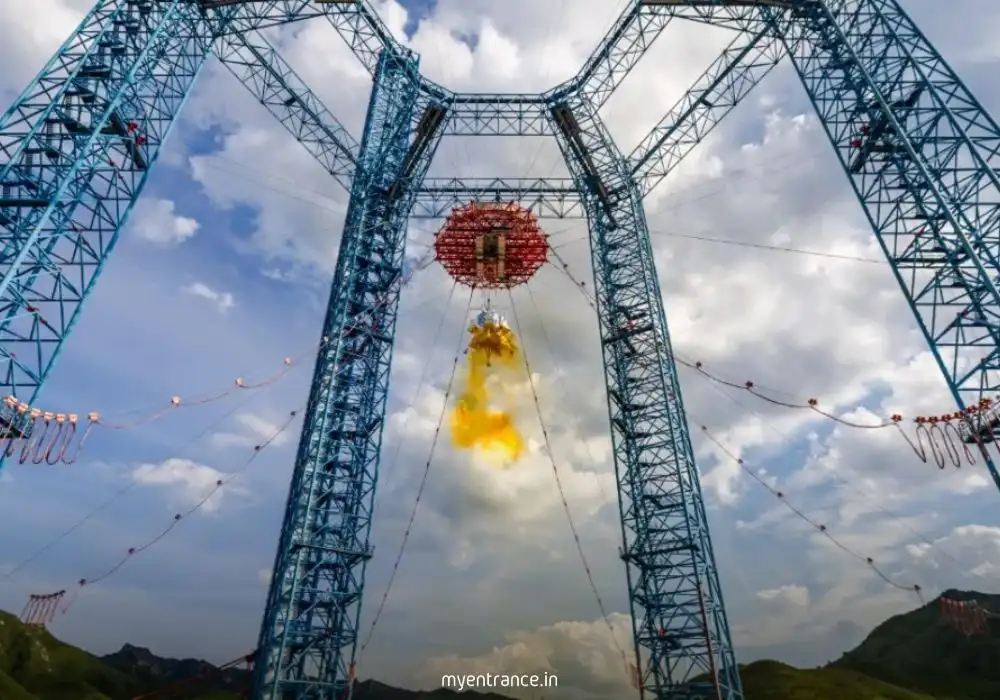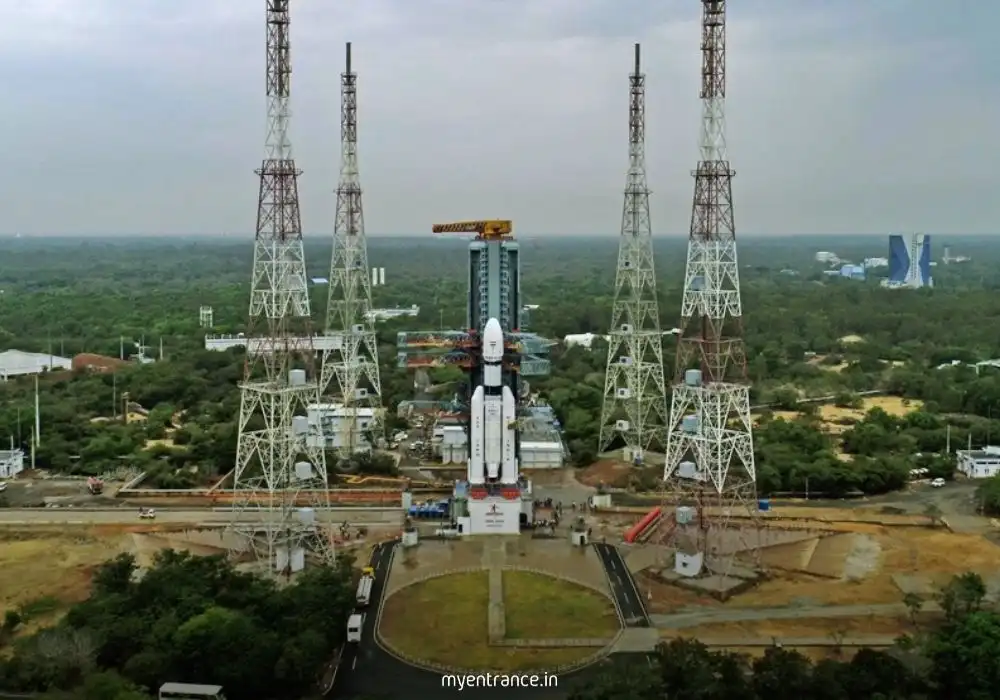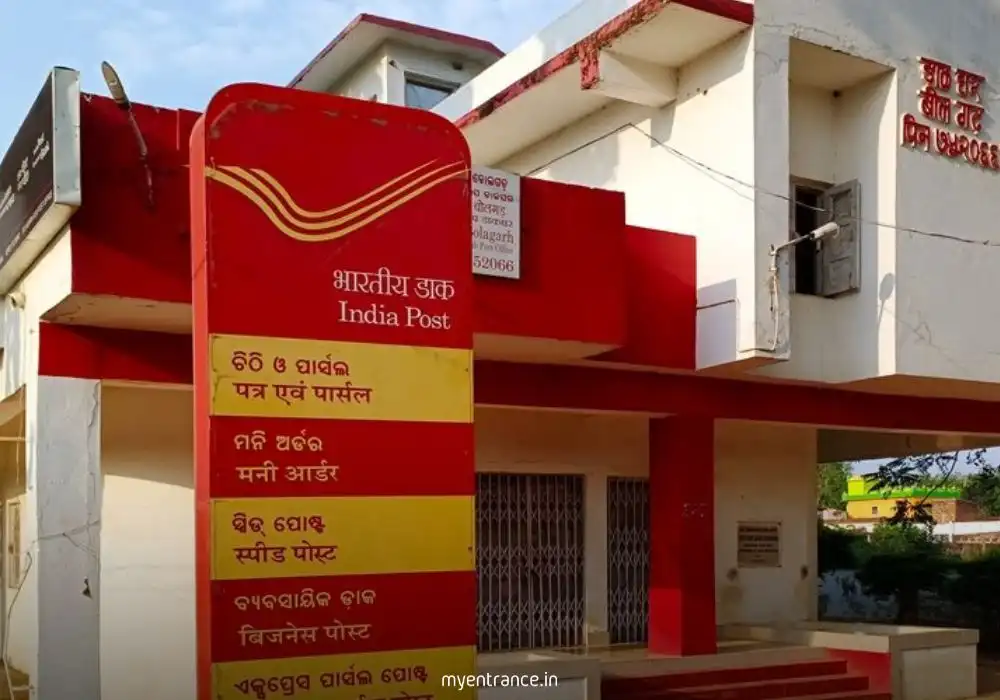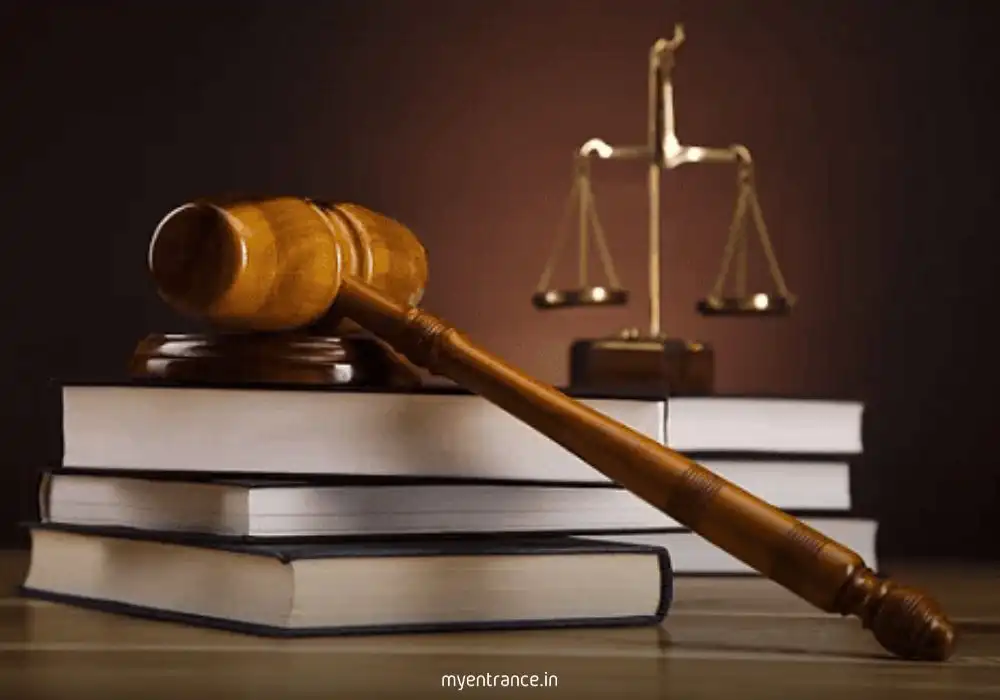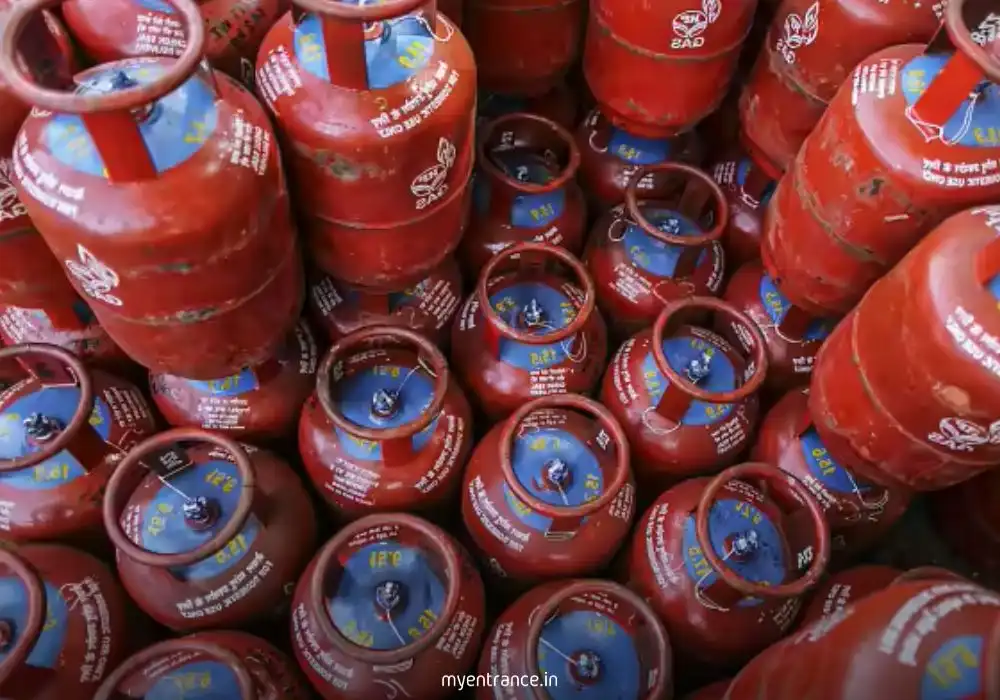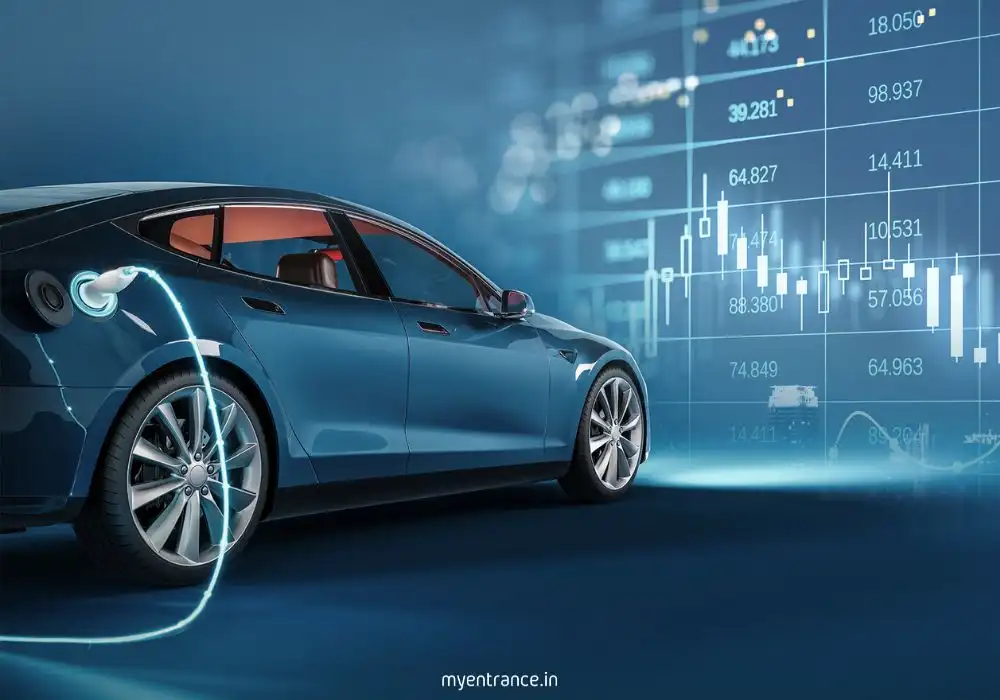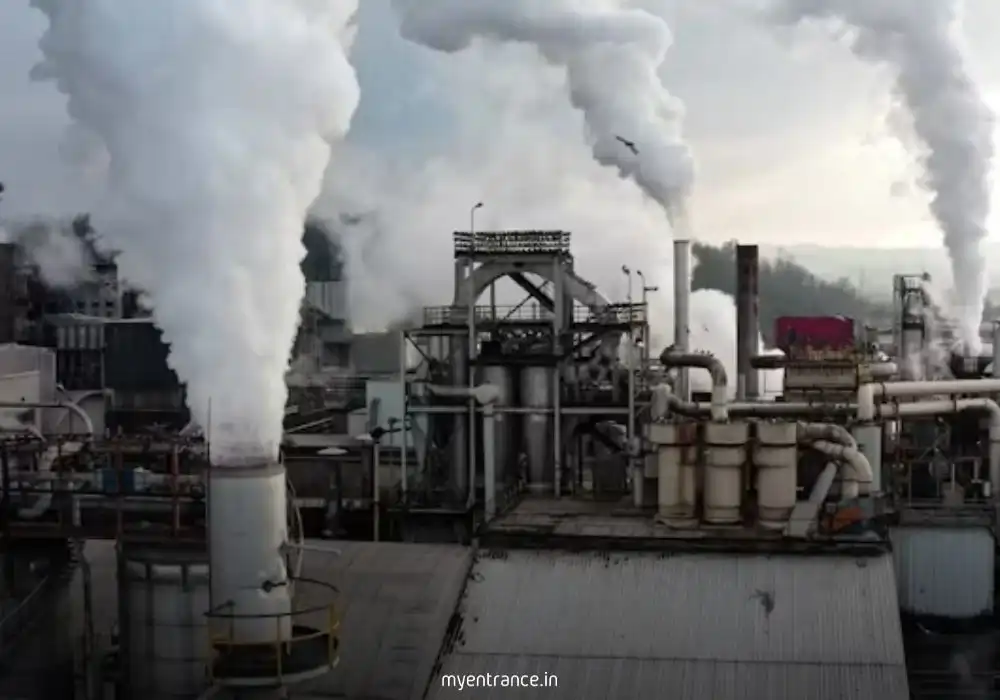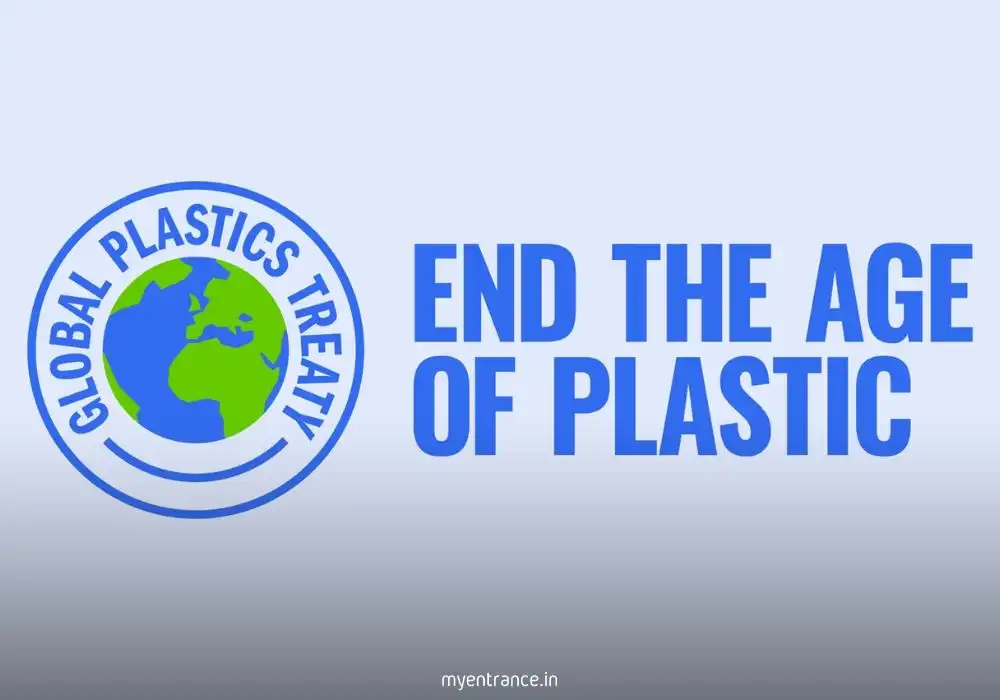Translate Language
SSC JE Syllabus Decoded: Your Ultimate Subject-by-Subject Guide
The SSC JE exam demands razor-sharp syllabus mastery to tackle its technical depth. This guide demystifies every subject across Papers I and II for Civil, Electrical, and Mechanical engineers. Nail your prep with our faculty-curated breakdown and avoid wasting time on irrelevant topics.

Detailed SSC JE Syllabus Breakdown
Paper-I: Core Foundation
1. General Intelligence & Reasoning
Verbal/non-verbal questions: analogies, spatial visualization, arithmetic reasoning.
Tests analytical skills: decision-making, pattern spotting, symbolic logic, and series (number/figural).
2. General Awareness
Focus: everyday science, current events, and applied environmental knowledge.
Covers Indian/global geography, history, polity, economics, and scientific developments—no specialized study needed.
3. General Engineering
Civil Engineering
Building materials, hydraulics, soil mechanics, transportation, and environmental engineering.
Structural engineering: RCC/steel design, concrete technology, and theory of structures.
Electrical Engineering
Circuit laws, AC/DC fundamentals, electrical machines (transformers, motors), and power generation.
Measurement tools, transmission systems, and basic electronics (diodes, transistors).
Mechanical Engineering
Thermodynamics (laws, cycles, refrigeration), fluid mechanics, and machine design.
Production engineering: welding, casting, machining (lathe/milling), and steel classification.
Paper-II: Discipline-Specialization
Civil & Structural Engineering
Building Materials: Tests for cement, timber, bitumen; manufacturing processes.
Estimating & Valuation: Rate analysis, septic tank/road costing, valuation methods.
Surveying: Theodolite/leveling adjustments, contour mapping, advanced equipment (GIS/GPS).
Soil Mechanics: Permeability, consolidation, shear strength (triaxial test), and bearing capacity.
Hydraulics/Transportation: Bernoulli’s theorem, pavement design (flexible/rigid), railway geometry.
Electrical Engineering
Circuit Laws: Kirchhoff’s laws, network theorems, magnetic circuits.
Machines & Instruments: 3-phase transformers, motor speed control, wattmeters, CRO applications.
Power Systems: Fault analysis, protection systems (Buchholz relay), tariffs, and cable derating.
Mechanical Engineering
Thermal Science: Steam tables, Rankine/Otto cycles, boiler accessories, nozzle dynamics.
Fluid Mechanics: Venturimeter/Pitot tube flow measurement, turbine/pump classifications.
Production Tech: Heat treatment, TIG/MIG welding defects, forging/extrusion methods.
Why This Syllabus Matters for SSC JE
Avoid Overload: 40% of aspirants waste time on non-syllabus topics. Focused study = 30% better efficiency.
High-Scoring Areas: Structural design (Civil), circuit solutions (Electrical), and thermodynamics (Mechanical) carry 50%+ weight.
Trend Alignment: 2023’s paper included 12+ questions from surveying and RCC design—syllabus mastery = trend prediction.
SSC JE Questions & Answers
Q1: What does “degree of saturation” mean in soil mechanics?
*A: It’s the ratio of water volume to void volume in soil, indicating how “full” pores are. 0% = dry; 100% = fully saturated.*
Q2: Why is the “2-wattmeter method” used in 3-phase power measurement?
A: It measures active/reactive power without disconnecting circuits—ideal for live industrial systems.
Q3: Define “workability” in concrete technology.
A: The ease of mixing, placing, and compacting concrete without segregation. Critical for structural durability.
Q4: Which theorem explains fluid dynamics in pipes?
A: Bernoulli’s theorem—it links pressure, velocity, and elevation in ideal fluids.
Q5: What distinguishes “active” from “passive” earth pressure?
A: Active pressure acts when soil moves away from a wall (e.g., retaining wall tilt); passive pressure resists movement toward a wall.
Final Tip: Pair syllabus study with topic-specific mock tests on MyEntrance—our analytics pinpoint weak zones for 2x faster revision!
Get 3 Months Free Access for SSC, PSC, NIFT & NID
Boost your exam prep!
Use offer code WELCOME28 to get 3 months free subscription. Start preparing today!

